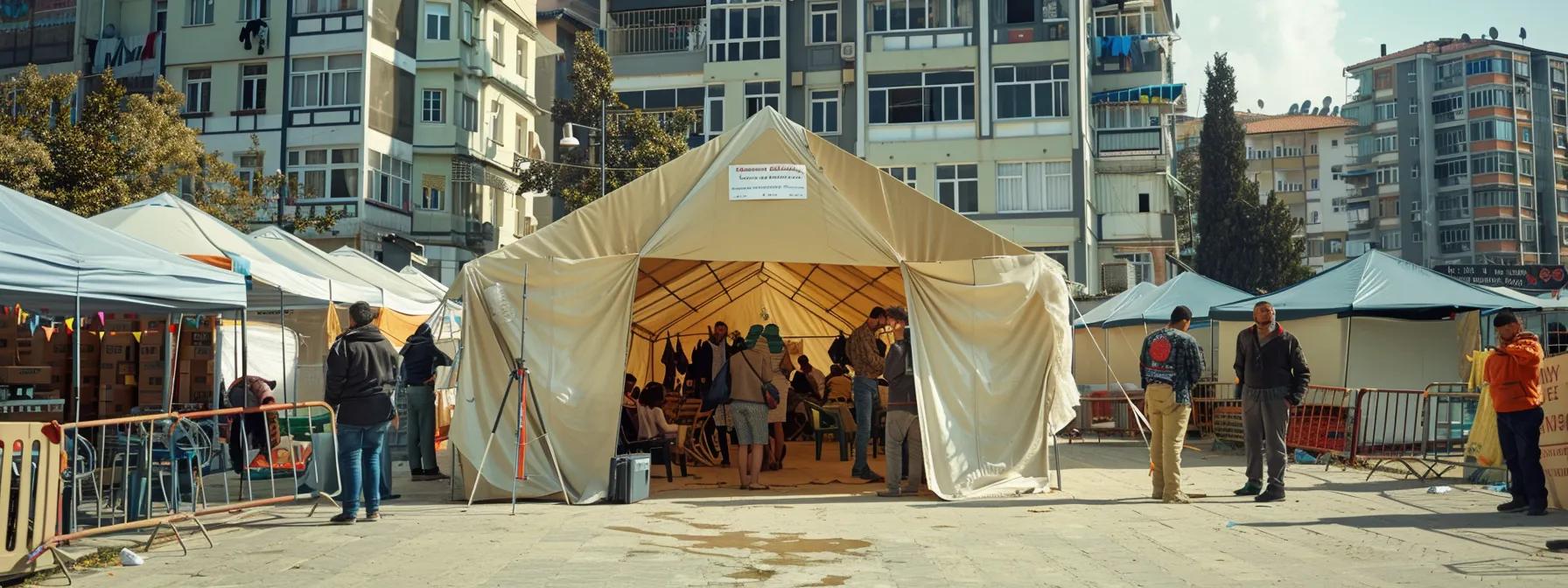Support for Earthquake Survivors in Turkey: What You Need to Know
Supporting earthquake survivors in Turkey requires a comprehensive approach that addresses immediate needs and long-term recovery strategies. With the challenges faced by affected communities, from the destruction of homes to the emotional toll of displacement, it is important to understand the different avenues of support available. Highlighting effective relief services and plans is vital in facilitating recovery and rehabilitation for the survivors.
Key Takeaways
- Urgent relief services are crucial for immediate support post-earthquake.
- Long-term recovery plans focus on housing, mental health, and economic stability.
- Community involvement enhances support efforts through volunteers and local organizations.
- Reliable resources ensure both survivors and supporters are informed and engaged.
What urgent relief services are available for earthquake survivors in Turkey?
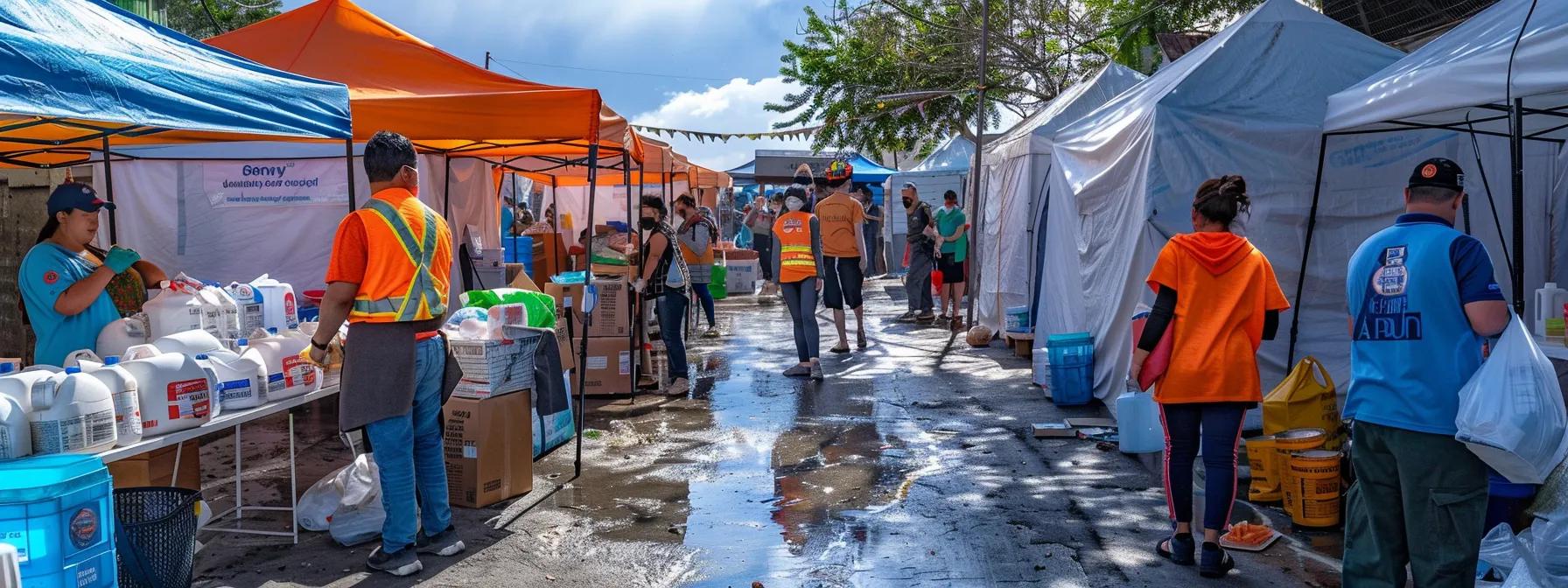
Urgent relief services are critical for immediate assistance in the aftermath of an earthquake. In the wake of such disasters, various organizations, including UNICEF and the Turkish Red Crescent, offer timely help through emergency services that focus on health, shelter, and food distribution.
Food security receives immediate attention, with organizations setting up food distribution centers and mobile units that ensure essential food supplies reach those in need. Furthermore, ensuring access to clean water is a priority, as natural disasters often compromise water safety.
In addition to food and basic needs, medical assistance is readily provided through emergency clinics and field hospitals that cater to the health needs of survivors. Mental health support through psychosocial services is also becoming increasingly vital as survivors deal with trauma and anxiety resulting from the earthquakes.
How are long-term support plans structured for survivors in Turkey?
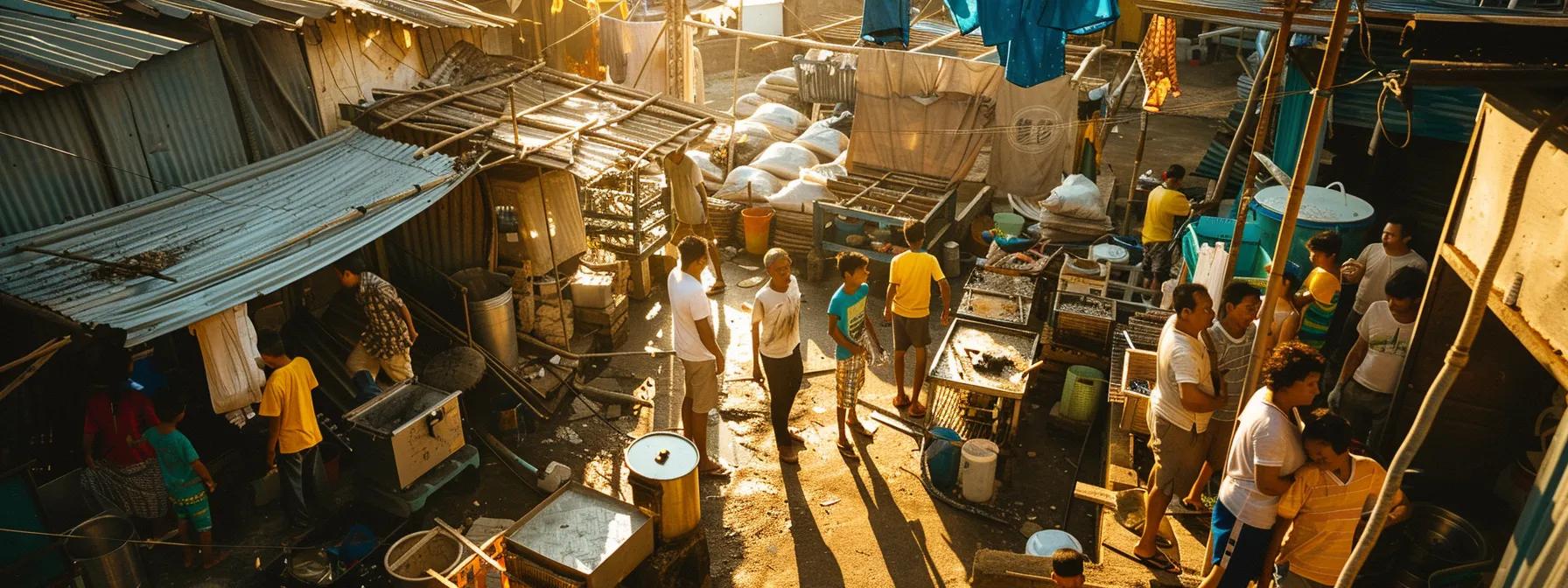
Long-term support plans for earthquake survivors encompass housing restoration, psychological support services, and economic recovery initiatives. These comprehensive strategies aim to assist individuals in rebuilding their lives in a sustainable manner.
The construction of temporary housing solutions is often the first step, followed by long-term projects involving the rebuilding of homes and community centers that foster safe living environments. Financial stability initiatives are also introduced through job creation programs and vocational training to help survivors gain skills necessary for employment.
Moreover, mental health programs are integral in the long-term recovery process. Psychological support initiatives help individuals cope with their experiences, contributing positively to community healing.
What financial assistance and aid distribution methods are in place?
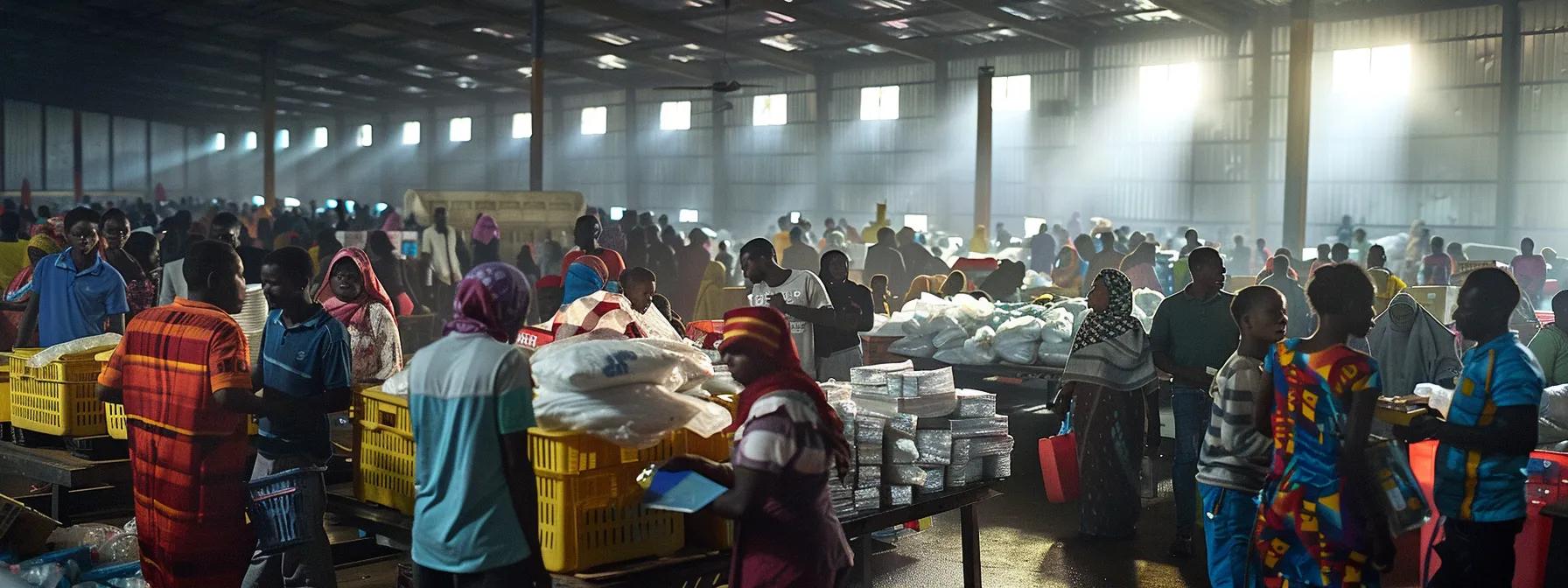
Financial assistance can play a significant role in helping earthquake survivors regain control over their lives. Various government agencies and NGOs offer monetary support, which can include direct cash transfers to individuals affected by the disaster.
The distribution of financial aid is typically organized through established networks to ensure efficiency and transparency. Mobile money platforms and local banking systems are often utilized, particularly for those with limited access to traditional banking services.
Additionally, international organizations often collaborate with local governments to streamline this aid. Set times during which survivors can receive aid are scheduled to reduce overcrowding and administrative bottlenecks and increase the effectiveness of the distribution process.
How can community involvement enhance support for earthquake survivors in Turkey?
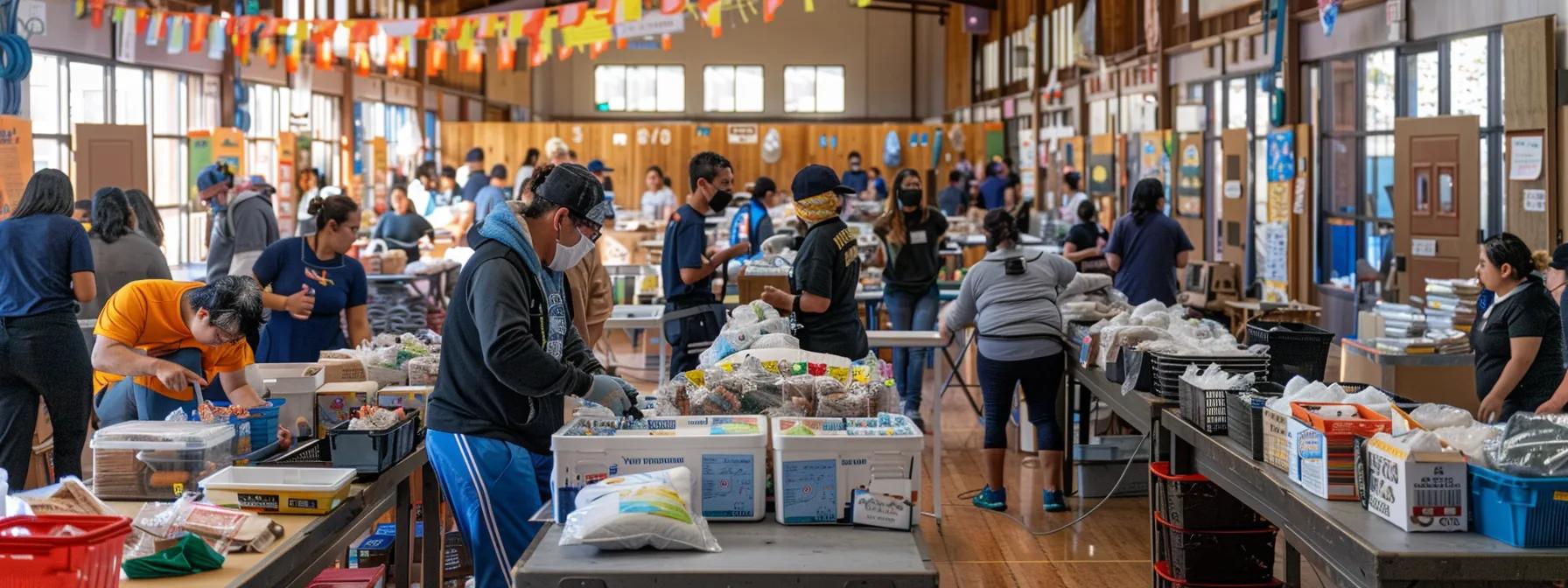
Community involvement is essential for creating a robust support system for earthquake survivors. Local community groups, volunteers, and non-profit organizations work collaboratively to pool resources and address the needs of affected populations.
Volunteers play a multi-faceted role, from distributing food and supplies to providing emotional support in shelter homes. Their efforts often foster a sense of togetherness and resilience within affected neighborhoods, which can be invaluable during the recovery phase.
Engagement at the community level also helps in identifying and prioritizing specific local needs, ensuring that relief efforts are tailored and relevant. Through fundraising drives and awareness campaigns, local community involvement promotes sustained support and resource allocation for survivors.
What reliable resources are available for survivors and supporters?
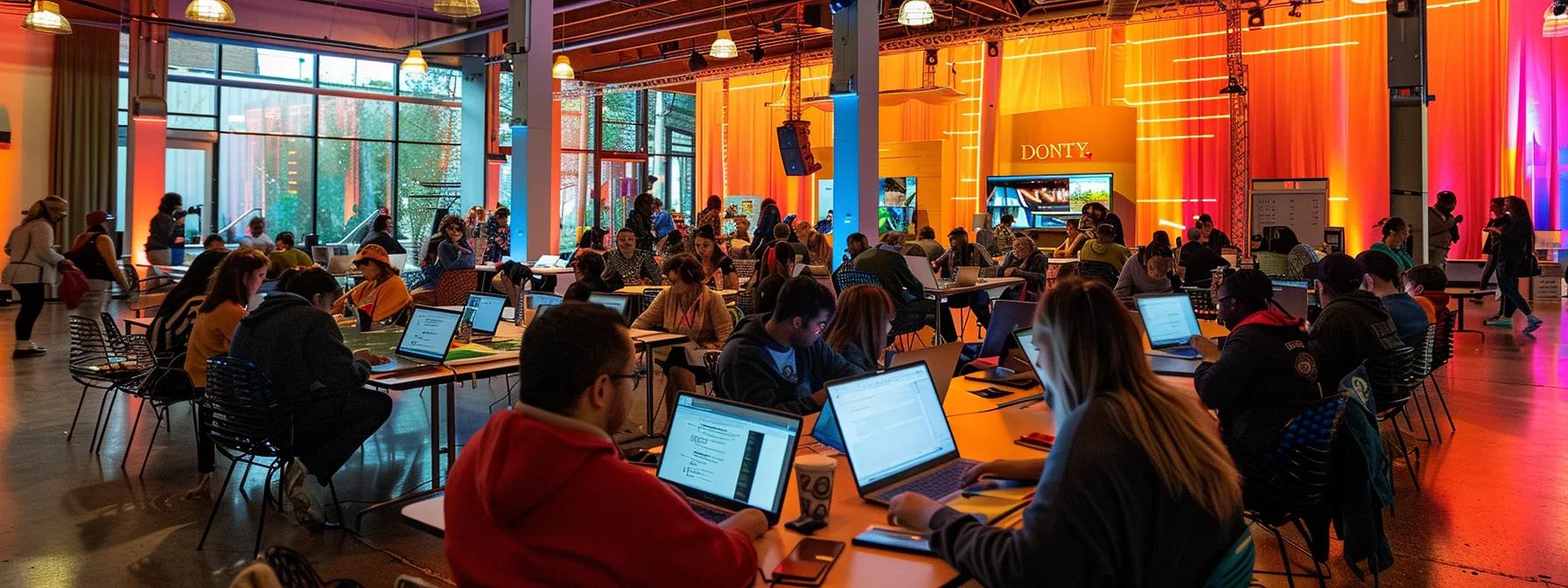
Reliable resources for both survivors and supporters are crucial for effective ongoing assistance and rebuilding efforts. Information dissemination through platforms like Facebook, NGOs, and government websites ensures that accurate and timely information reaches those in need.
Websites like the Turkish Red Crescent provide vital updates on available aid, volunteer opportunities, and guidelines for effective support. Furthermore, sites like UN OCHA compile resources and assess needs to facilitate coordinated efforts among humanitarian actors.
Supporters can also find ways to contribute, be it through donations or volunteering. Engaging with verified organizations guarantees that contributions are utilized effectively.
What is the current situation for earthquake survivors in Turkey?
The situation remains challenging, with many survivors requiring ongoing support for housing, food, and health services.
How can I volunteer to help earthquake survivors in Turkey?
You can volunteer through local organizations or international NGOs that operate in the affected areas.
What types of donations are most needed for earthquake relief?
Monetary donations are often the most effective, but essential supplies like food, water, and medicine are critical.
Are there any specific areas in Turkey that need more assistance?
Regions like Hatay and Kahramanmaraş have been heavily impacted and require extensive support.
How can I stay updated on the recovery efforts in Turkey?
Follow official channels such as the Turkish Red Crescent and government updates for accurate information.
